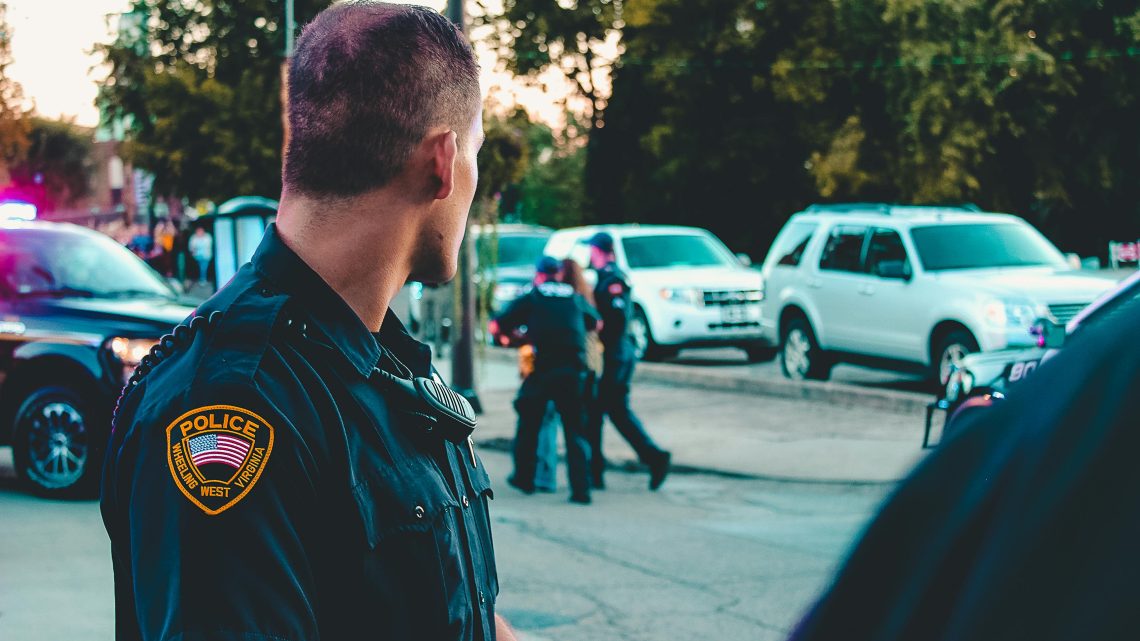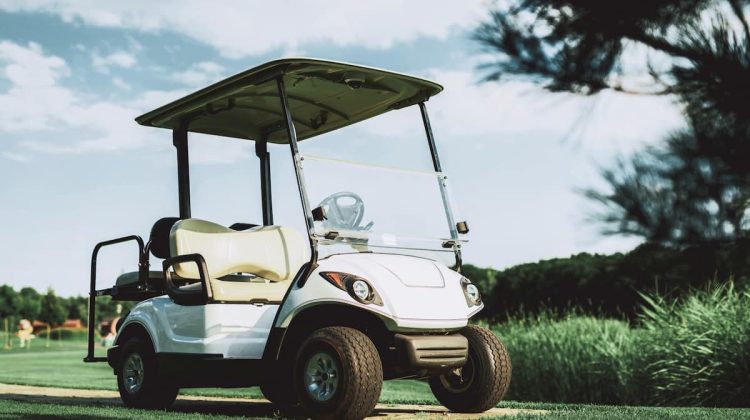In Oklahoma, it’s legal for most adults to carry a firearm without a license. While this reflects the state’s strong support of Second Amendment rights, it also means drivers are more likely to have a loaded gun in the car—whether they’re heading to work, the store, or a hunting trip.
But what happens if you get into a car accident while carrying a firearm?
In the chaos that can follow a crash—especially when law enforcement responds—having a gun in the vehicle adds another layer of responsibility. Understanding Oklahoma law and practicing safe disclosure can help avoid confusion, prevent escalation, and protect your legal rights.
Can You Carry a Firearm in Your Vehicle Legally in Oklahoma?
Since 2019, Oklahoma has allowed permitless carry. This means that most adults aged 21 and over (or 18 for military members) can carry a concealed or openly displayed firearm without a license. That includes keeping a loaded firearm in your vehicle, as long as you’re not otherwise prohibited from possessing one.
Some key points to keep in mind:
- You can carry a firearm loaded and in plain view inside your car.
- You are also allowed to store the firearm in a glovebox, console, or under the seat.
- If you’re not a prohibited person, you do not need a permit or training to do this in Oklahoma.
However, there are exceptions. Federal property, school zones, and tribal land may have different restrictions. Drivers should know where they are and whether additional rules apply.
How Do I Handle Firearm Disclosure After a Crash?
If you’re involved in a car accident in Tulsa or throughout Oklahoma and there’s a firearm in the vehicle, it’s important to be proactive and calm. Law enforcement officers arriving on scene do not know your intent, they only know there is a gun involved in a stressful situation.
Here’s what to do:
- Keep your hands visible on the steering wheel or dashboard.
- Do not reach for the firearm, glovebox, or under the seat unless specifically instructed.
- Inform the officer that you are lawfully carrying a firearm and explain its location clearly and calmly.
- Follow all commands and do not argue about your rights at the scene.
Even though you may not be legally required to disclose a firearm to police in Oklahoma, doing so respectfully can prevent misunderstandings. Officers are trained to respond with caution when weapons are present, especially in unpredictable scenes like car accidents.
When Do Firearms Complicate an Accident Scene?
Most gun owners never intend to cause harm, but there are scenarios where a firearm in your car could raise legal concerns after a crash. Some examples include:
- If the gun is not securely stored and is visible or accessible to minors.
- If the gun becomes dislodged during the crash and is found loose on the floor or in the passenger area.
If alcohol, drugs, or reckless behavior are involved—this can turn a legal carry situation into a criminal charge.
If you’re in a high-tension conflict with another driver and tempers flare.
If a weapon is part of a crash investigation, it may be temporarily secured or confiscated by law enforcement until the incident is resolved.
What Are the Laws on Tribal Land or Federal Jurisdiction?
Oklahoma is home to extensive tribal land, especially in the eastern part of the state near Tulsa. Tribal jurisdiction can affect how crashes, and any firearms involved, are handled.
If you’re involved in a crash on tribal land, tribal police or federal law enforcement may have authority. Gun laws can differ under tribal codes, and certain locations (like casinos or health centers) may ban weapons entirely, even inside a private vehicle.
What Are the Best Practices for Carrying a Firearm in a Vehicle?
Whether you’re a daily concealed carrier or just transporting a firearm for hunting or target practice, the safest approach is always one that prioritizes communication and control.
Here are a few quick tips:
- Keep your firearm in a secure holster or lockbox while driving.
- Avoid leaving guns loose in the vehicle where they can move during impact.
Understand how to properly disclose the firearm to police. - Refrain from engaging in arguments or confrontations after a crash—de-escalation is key.
- If you cross state lines, know the laws in each jurisdiction.
These habits not only help prevent accidents but also reduce the likelihood of misunderstandings during a traffic stop or crash response. Responsible firearm storage and communication can go a long way in protecting both your safety and your rights. Staying prepared is part of being a responsible driver and a responsible gun owner.





No Comment